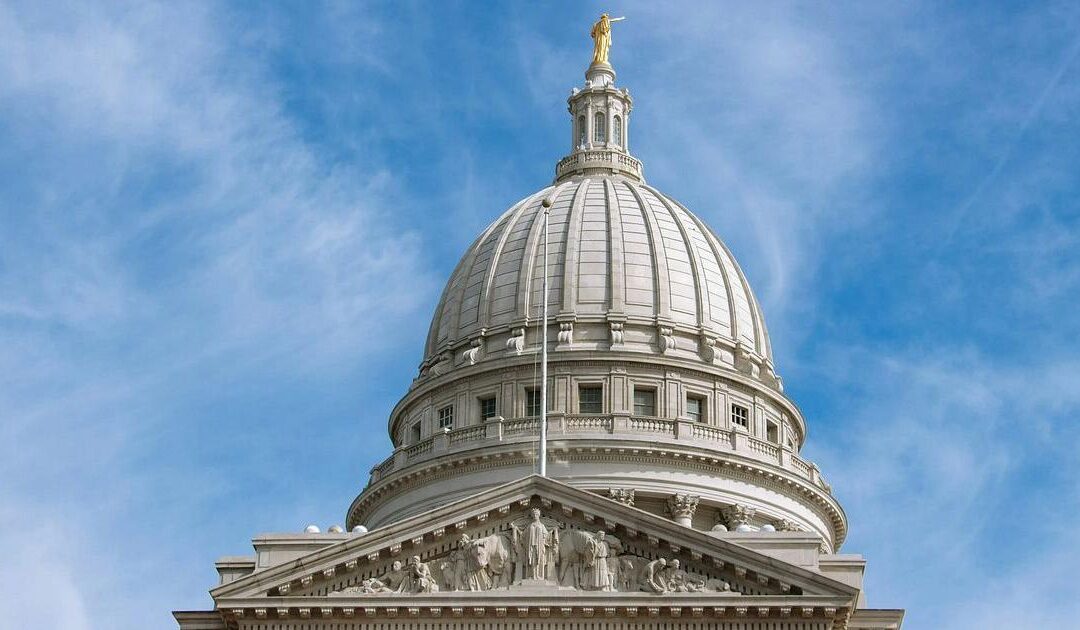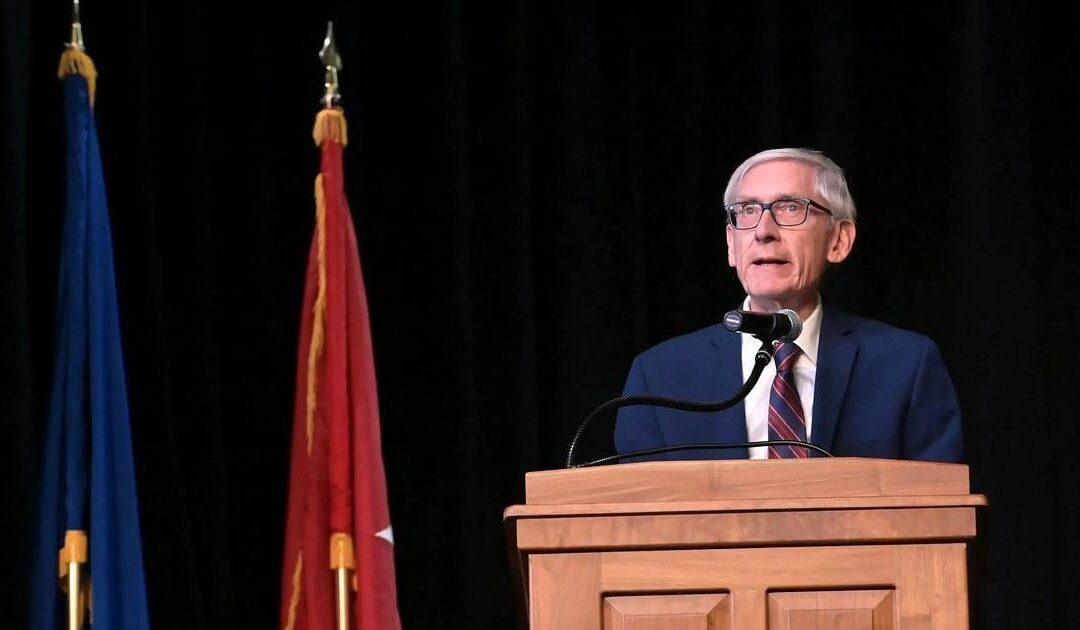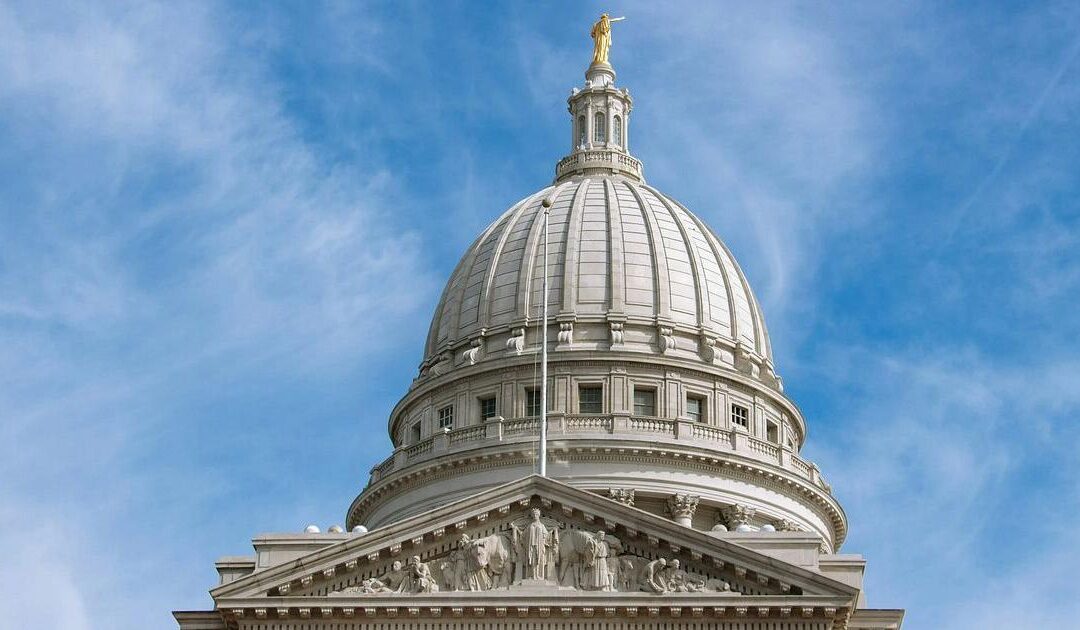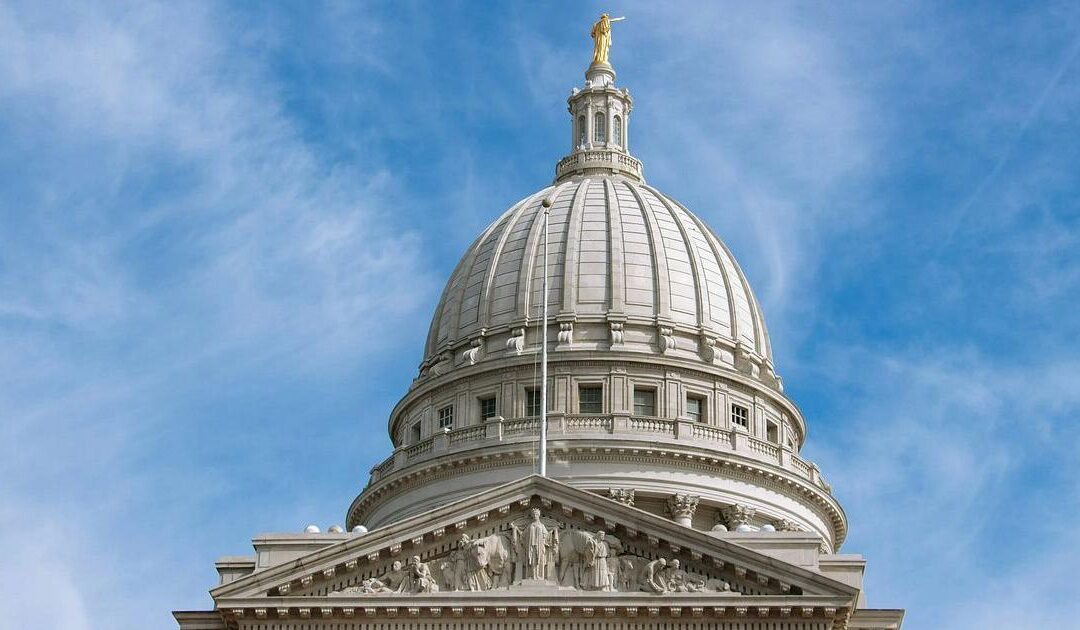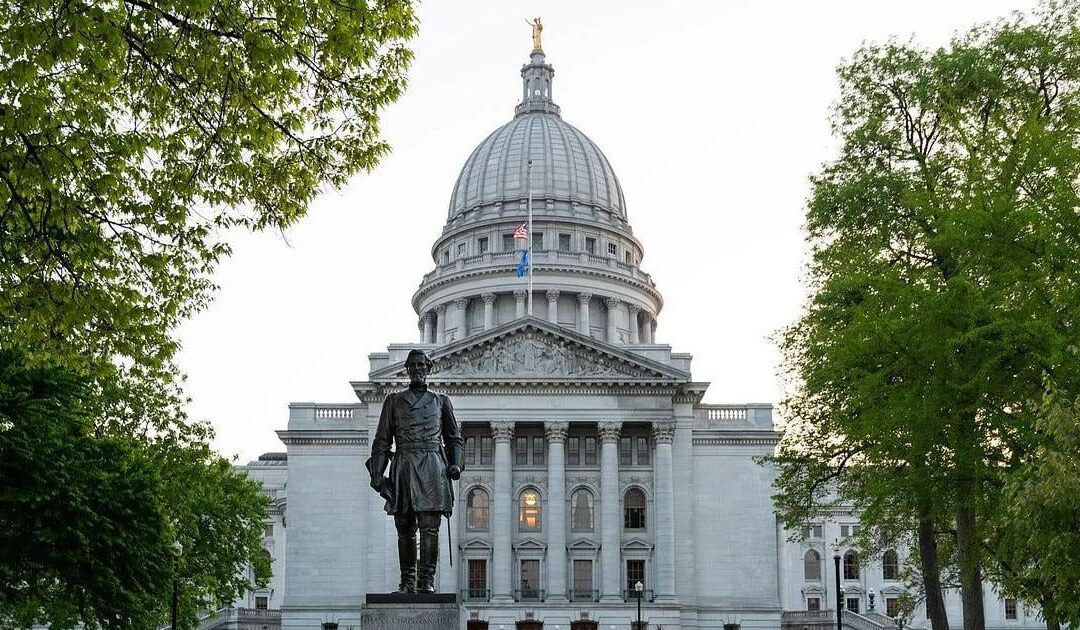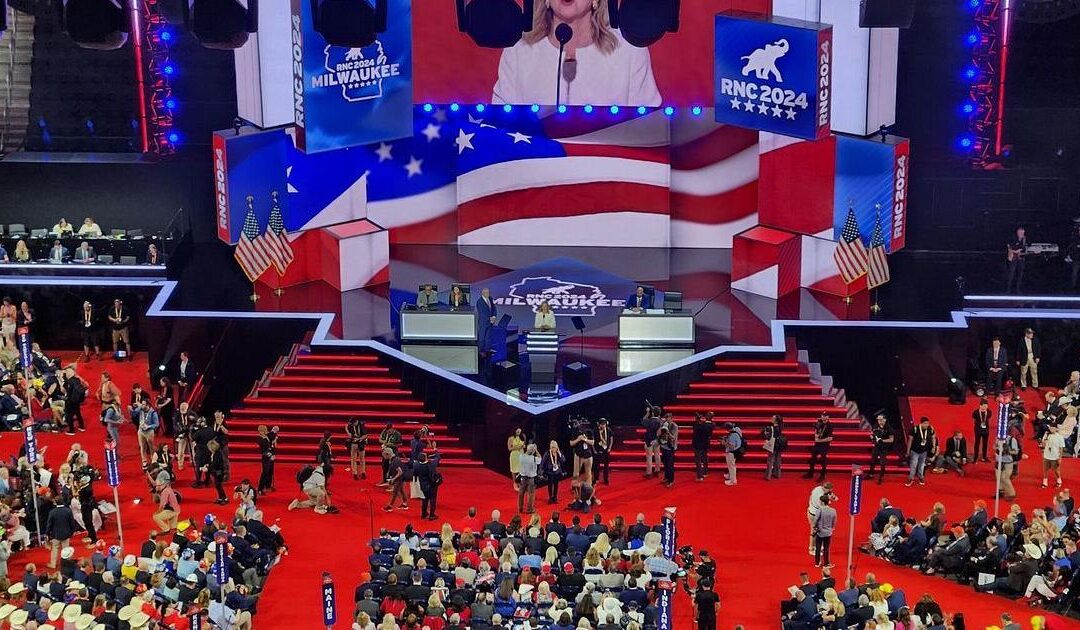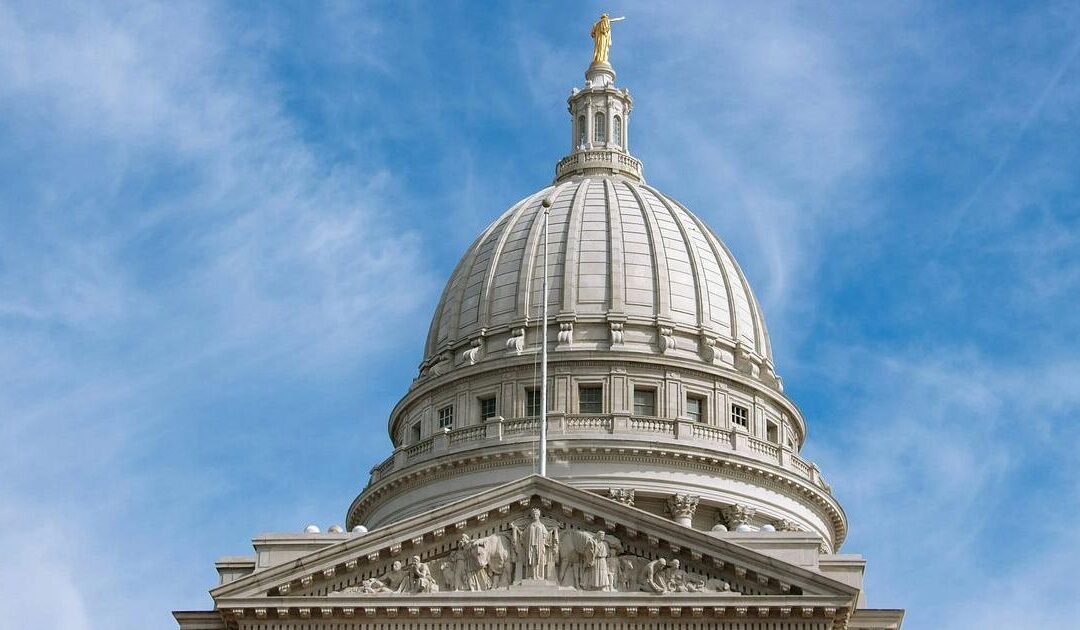(The Center Square) – Assembly Speaker Robin Vos believes that having a short timeline to discuss a tax cut bill before the end of the legislative session could be helpful in tax cut negotiations.
Vos said that a tax cut proposal sent to Gov. Tony Evers on Sunday would accomplish those goals with $1.5 billion in tax rebate checks, $200 million in additional special education funding and $500 million in a school tax levy credit.
Vos said that he hopes he can hear from Evers before session ends Friday.
“Deadlines are what make politicians act,” Vos said.
Early excerpts from Evers’ Tuesday night State of the State speech included references to that short timeline.
“I know many lawmakers are antsy to end the legislative session and pack up to get back on the campaign trail,” the excerpt said. “Folks, I know many of you are up for election, but here’s the deal: after years of delivering historic, bipartisan wins for our state, Wisconsinites have high expectations for the work we can do together over the next ten months – and they should. Just look at what we’ve accomplished over the last seven years.”
The tax cut proposal would spend down $2.3 billion of the $2.5 billion in estimated surplus for the state by the end of this budget.
“We’re overtaxed our citizens in Wisconsin,” Rep. Patrick Snyder, R-Weston, said about the surplus. “In doing that, we’re offering a $1,000 rebate to couples and $500 to individuals. In this time, with affordability and things of that nature really wearing on families, this at least is somewhat relief for what we overcharged them as a Legislature.”
Rep. Mark Born, R-Beaver Dam, said that the surplus allows the Legislature to return the majority of the surplus to taxpayers.
“It’s a great compromise,” Born said. “We heard the governor and what his priorities were, we worked on a package and it’s a real opportunity for us to build on what we have accomplished this session. And the governor should take the deal.”
Vos explained that it is better to have the education funding go to special education and school property tax credits rather than the general school fund because then it will be distributed more evenly across the state.
“Now we have two active participants, myself and Sen. LeMahieu, now we just need a third partner, which would be Gov. Evers, to want to come to the table,” Vos said.
